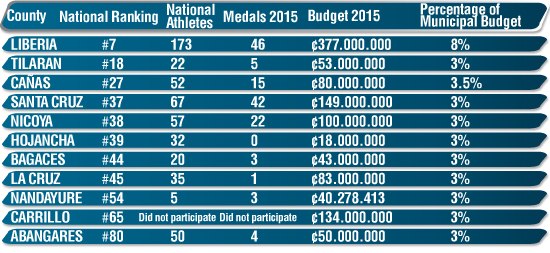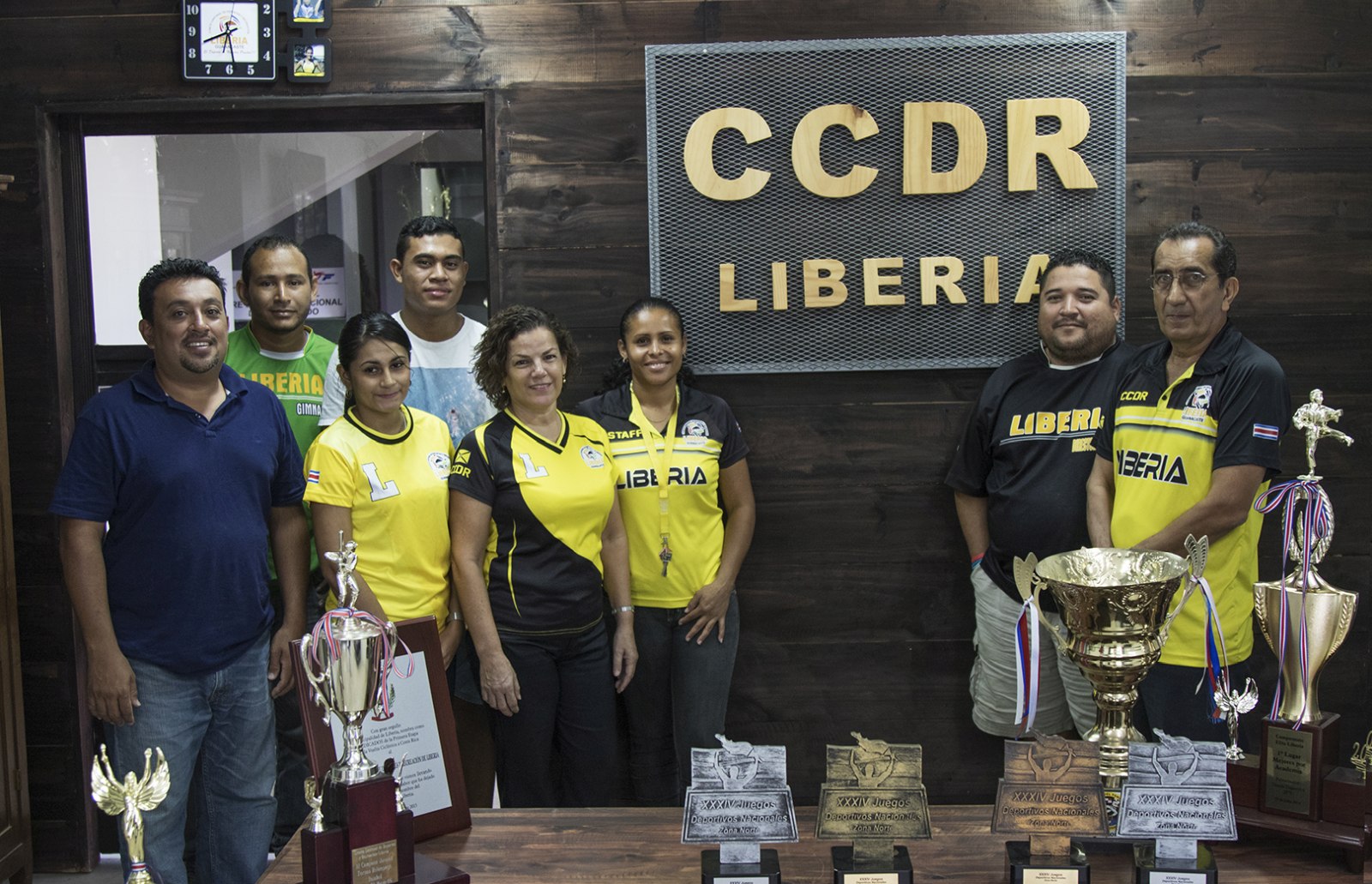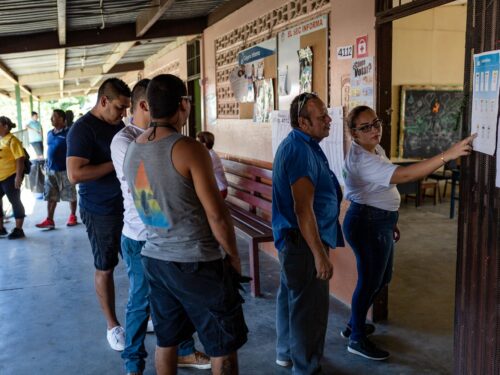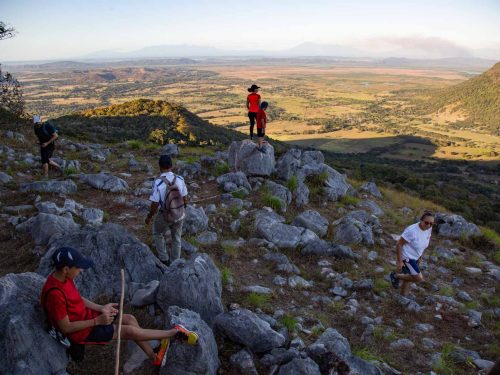
It is not an easy task to manage, plan and envision the development of athletics in the canton in order to achieve short-, medium- and long-term results.
However, in Guanacaste, there are cases like the Liberia Cantonal Committee of Sports and Recreation that show that, with organization and a desire to work hard, people can be encouraged to practice sports, leading the community to progress.
In less than 10 years, this committee went from occupying 77th place in the Cantonal Committees of Sports and Recreation (CCDR- Comites Cantonales de Deportes y Recreacion) Management Index, to being seventh in the ranking nationally and first in the province in 2015.
Roy Palacios, administrative director for the Liberia committee, explained that things changed about six years ago with the arrival of Nelson Campos, current president of the committee, who organized the operational part and the internal structure of the group.
According to Palacios, previously officials were not clear about the committee’s administration, so tasks were overdone and plans were made according to the money received, without a definite direction. “Now we have an accountant, a secretary who keeps the minutes and a receptionist, a sports and an administrative director. There are a total of five members in administration and every six months, we are taking work reports to the municipal council members so they know what the money is spent on,” he explained.
On the sports side, the group trains young people in 22 sports. As a result, 173 athletes participated in the last National Games and 42 medals were won.
Each of these disciplines has a subcommission made up of parents of young people who are responsible for overseeing what is done by coaches and what the athletes needs are.
In addition, on the recreational side, classes are given for zumba, yoga, dance, theater, hiking and activities for senior citizens.
This accountability and management by the committee has been what has motivated the Municipality of Liberia to increase the legal minimum percentage (3%) of the municipal budgetallocated to the CCDR to 8% and they plan to take it up to 10% this year.
In 2015, the Liberia CCDR budget was ¢377 million ($718,000), giving them the fourth highest score nationally (15.3 out of 20 points) in this aspect.
Work and Maintenance
Currently, the group provides maintenance to more than 10 soccer fields in the canton, including the lawn of the Edgardo Baltodano Briceño Stadium, home of the Liberia Municipal Sports Association, an organization that invests 20% of the proceeds from the team’s minor league games in the committee.
To maintain all of the sports facilities in the canton, the committee has a regular group of workers who are in charge of going from one field to another, mowing the lawn, putting up nets and renovating each playing field.
Palacios believes that the reason why many committees in the province do not invest in sports facilities is because they believe they can’t spend resources on improvements. However the law allows them to make agreements with other institutions like schools.
For example, last year, the committee made improvements to the gymnasium lighting at the Liceo Laboratorio high school. In exchange, the school allows them to use the facilities 6 hours a day to train young people.
The goals for this year include the project to remodel the skate park, set up a weightlifting room and a table tennis room, as well as installing a non-slip floor to practice soccer in the Rodriguez field next to the stadium.
In the future, the committee plans to build a track in Edgardo Baltodano Stadium, the design for which is ready already. They just need funding. The project is estimated to cost about 500 million colones ($950,000).
In addition, they envision the construction of a new municipal gym, creating a sports town in the Ecological Park area and bringing the National Games to Liberia for 2020.








Comments